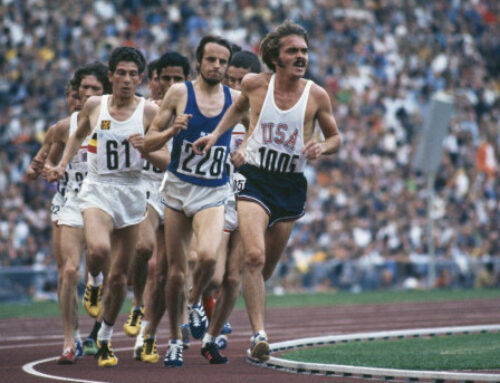How to Become Excellent? Two Theories
February 9, 2016
Categories: Excellence
This post is Part 2 in a 5-part blog series on developing excellence. (If you missed the first post, you can find it here.)
In this blog post, I want to begin to tackle the question of how people develop excellence. When I talk to people about this question, I get two main responses.
First, some people say that to become excellent at something, you need to work hard and put in the practice. Your parents may have told you this when you were growing up—“Practice makes perfect.”
But look around you. Look at your family, friends, and co-workers. Look at yourself. Probably most of your time is spent working, and you probably spend time on other things as well (e.g., hobbies, sports, playing an instrument, etc.). How well do you do what you do? If you are like most people, you do fine. You do okay. You do good enough. Good enough not to get fired. Good enough to get a promotion or two along the way. But not excellent or world-class.
Usually this rings true for people, and so they move on to a second explanation: People who become excellent at something do so because they have special talent. They received a gift from God or got lucky in some way to be born with the propensity to be amazing at whatever it is they find themselves doing.
It’s like the line from the Odyssey where the Phaeacian King says, “Call in the inspired bard Demodocus. God has given the man the gift of song.”
The Odyssey was written in about the 8th century BC. That was a long time ago! Our views have changed on a lot of important topics since then—how the planets move, where diseases come from—but we have not changed our views on what makes someone excellent at what they do.
We tend to believe that some people just have a ‘gift’ to do what they do, and they were fortunate enough to discover it early in life. This explains why excellent performers are so rare—talent isn’t just handed out like food at the cafeteria. This view also helps us come to terms with our own average performance. Talent is something you either have or you don’t—and most of us don’t.
The problem is that research doesn’t support this view. Researchers have had a difficult time linking natural gifts (both general ones like intelligence or memory, and specific ones like hitting a golf ball) to great performance.
In the next few blog posts, we will explore how a person does develop excellence.
Discussion: How do you think a person becomes excellent at something? Do you think excellence has more to do with practice, more to do with talent, or something else?
Further Reading: Talent is Overrated: What Really Separates World-Class Performers from Everybody Else by Geoff Colvin
Related Thoughts

Subscribe To My Newsletter
Join my mailing list to receive the latest blog posts.
Receive my e-book “The Mental Health Toolkit” for free when you subscribe.


